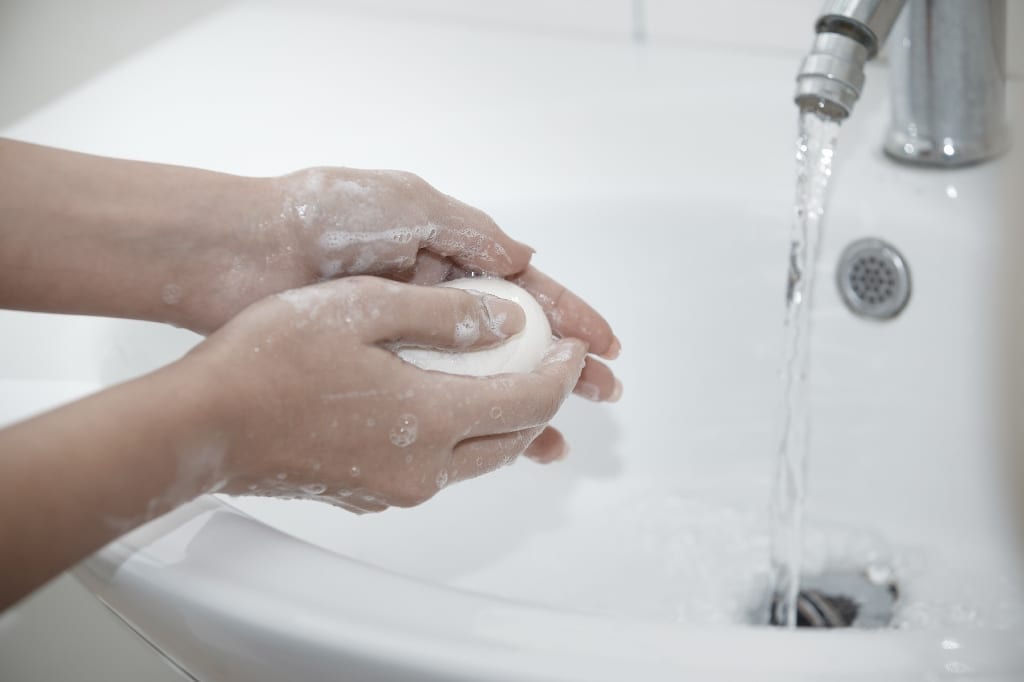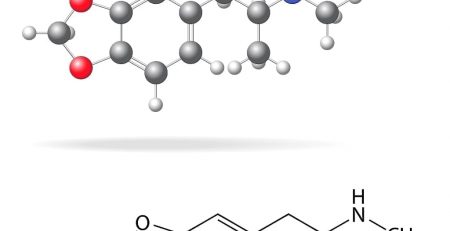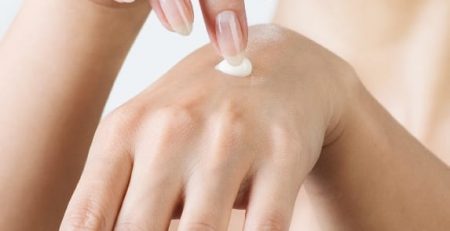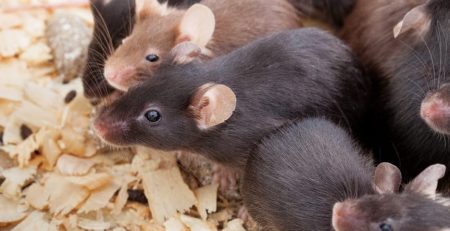FDA Bans Antibacterial Soap
The US Food and Drug Administration stated in a release earlier this month that over-the-counter consumer antiseptic wash products containin certain active ingredients can no longer be marketed. “The final rule applies to consumer antiseptic wash products containing one or more of 19 specific active ingredients, including the most commonly used ingredients – triclosan and triclocarban,” the statement said. “Companies will no longer be able to market antibacterial washes with these ingredients because manufacturers did not demonstrate that the ingredients are both safe for long-term daily use and more effective than plain soap and water in preventing illness and the spread of certain infections.”
While this ban was proposed in 2013, the FDA gave manufacturers three years to provide evidence that supported their claims that their products were more effective at preventing the spread of diseases than plain soap and water. The findings supplied were either unsatisfactory, or non-existent. “In fact, some data suggests that antibacterial ingredients may do more harm than good over the long-term,” Janet Woodcock, director of the FDA’s Center for Drug Evaluation and Research, said in the release.
One such chemical is triclosan. Recent studies have linked long-term exposure of triclosan to altered microbiomes in the human gut, “which can have adverse health problems. Not only that, but while it may be effective at killing bacteria, the organisms need to be in contact with the chemical for much longer than the period of time it takes to wash your hands,” according to IFLScience.com.
Many manufacturers have already started phasing out the use of many of the 19 banned chemicals from their products, “but the new ruling from the FDA means that this now must be completed by next year.”














